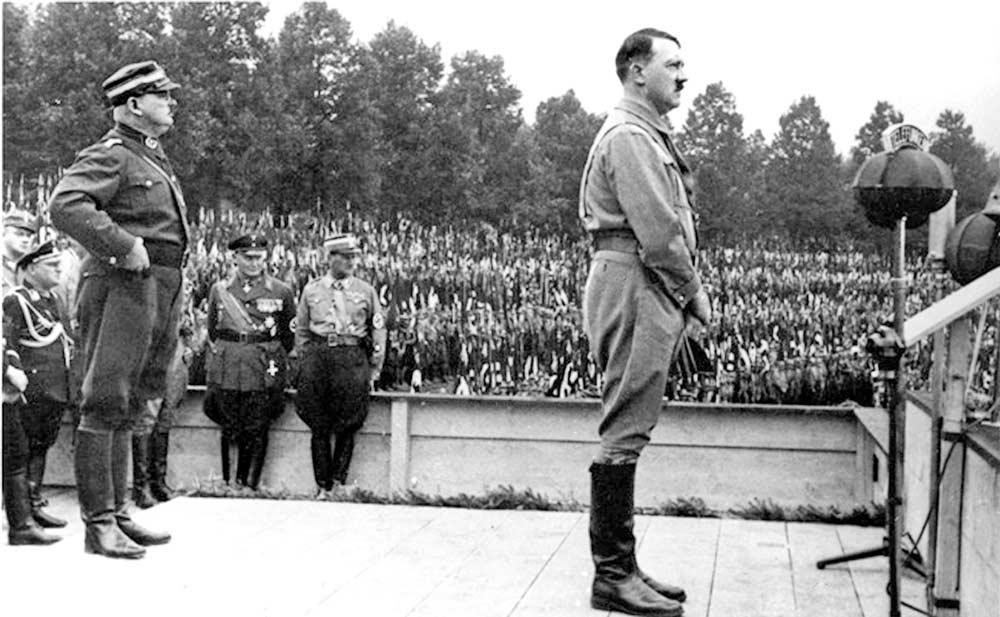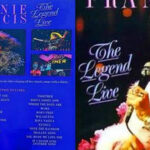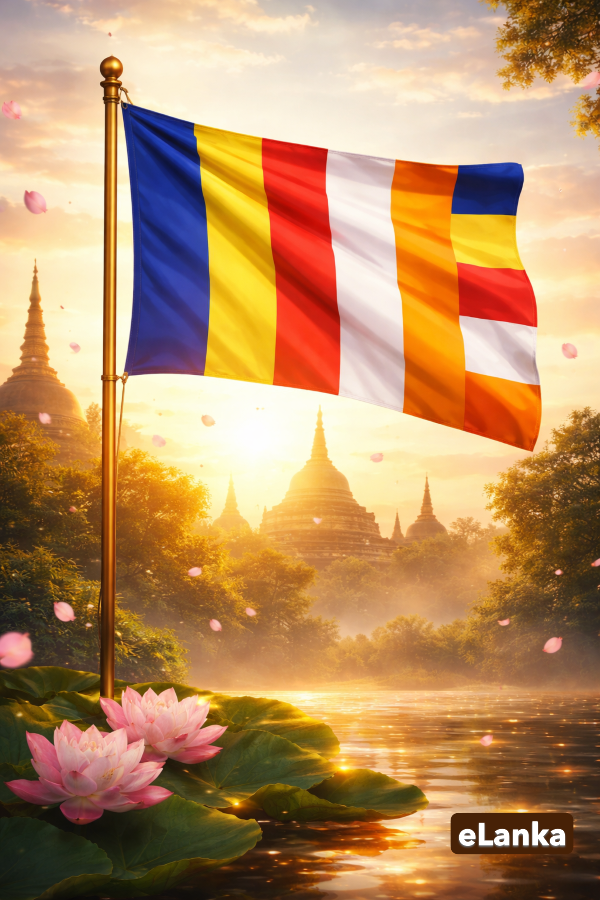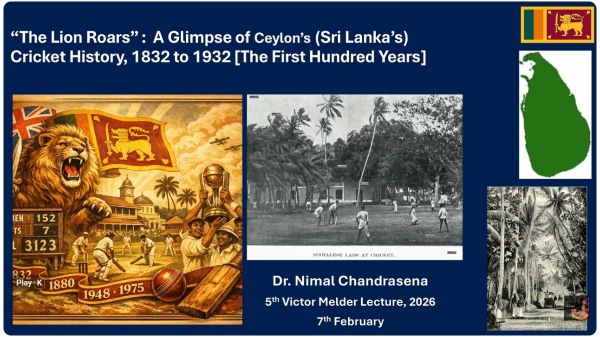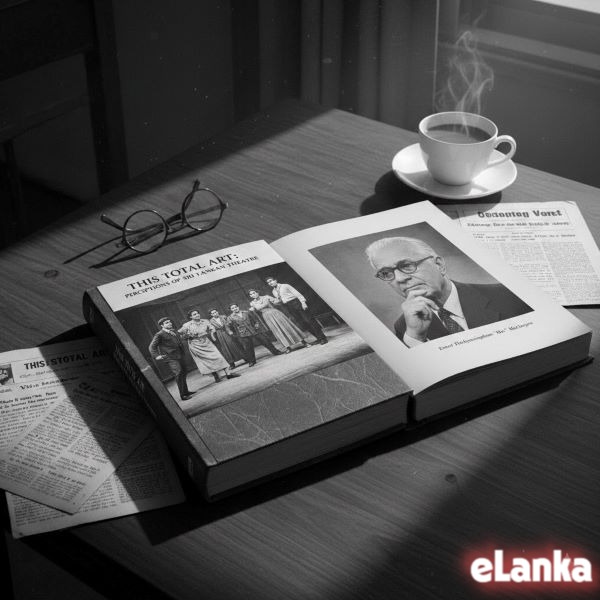Why Sri Lanka Must Keep History in Schools – By Avishka Mario SeneWiratna
Angela Merkel believes teaching history can confront German’s dark past
Source : dailymirror
Angela Merkel often emphasised the importance of confronting the Holocaust and Germany’s dark past, using historical memory to promote democratic values and social responsibility
Yet, for much of this long past, the general populace remained distant from the richness of their own historical heritage. The absence of printed materials meant that historical knowledge was confined to the privileged few who had access to palm-leaf manuscripts, often housed in temples or private collections
 Unlike many global powers that take pride in their modern accomplishments, Sri Lanka stands unique in its possession of a written history that stretches back more than two and a half millennia. Few nations can claim such continuity of record and cultural memory.
Unlike many global powers that take pride in their modern accomplishments, Sri Lanka stands unique in its possession of a written history that stretches back more than two and a half millennia. Few nations can claim such continuity of record and cultural memory.
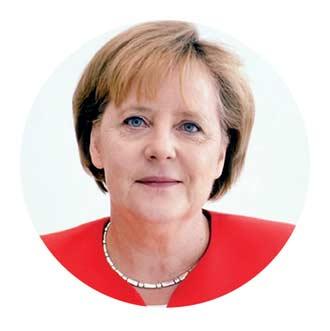
Angela Merkel |
Yet, for much of this long past, the general populace remained distant from the richness of their own historical heritage. The absence of printed materials meant that historical knowledge was confined to the privileged few who had access to palm-leaf manuscripts, often housed in temples or private collections. It was only with the advent of colonial rule that history began to emerge as a subject of structured study. Among the few positive legacies of colonisation was the initiation of serious historical inquiry and publication by British civil servants, soldiers, missionaries, and even governors, who — despite their imperialist motives — documented the island’s past with earnestness and detail.
By the early 20th century, a classical education grounded in the humanities, especially history, was considered essential for civil servants, lawyers, doctors, and professionals seeking intellectual refinement and moral insight. Humanities offered not merely information but a lens through which to reflect, understand oneself, and engage more meaningfully with the world.
Dawn of a new era
It was in this cultural and intellectual milieu that pioneering amateur historians such as L. E. Blaze, Sir Ponnambalam Arunachalam, H. W. Codrington, and Donald Obeyesekere began publishing accessible histories of Ceylon. Their writings stirred an awakening among the English-educated public, inspiring a newfound appreciation for Sri Lanka’s layered and often neglected past. This marked the dawn of a revolutionary era in historical scholarship, long before the establishment of a formal university system. (See Portz, Josie, The Ceylon Journal, Vol. I No. II, pp. 57-64)
As the appetite for deeper historical knowledge grew, Fr. S. G. Perera SJ responded with his two-volume History of Ceylon for Schools in 1932. Though limited to the colonial period, the book resonated widely with both students and adults and quickly became the standard history textbook used well into the 1960s. The establishment of the University of Ceylon in 1942 ushered in a new era of academic history. Scholars like Dr. G. C. Mendis expanded the field into ancient and medieval periods, and Sinhala translations brought these insights to a broader audience. This intellectual renaissance inspired a generation of students to pursue history as a serious academic discipline.
It was from this fertile soil that eminent historians such as K. W. Goonewardena, Sinnappah Arasaratnam, K. M. de Silva, Tikiri Abeysinghe, Leslie Gunawardana, C. R. de Silva, S. Pathmanathan, Michael Roberts, and many others emerged—each bringing fresh perspectives to Sri Lanka’s historical narrative. The University of Peradeniya became the epicentre of this scholarly flowering. However, with the introduction of the broader and more diluted Social Studies curriculum, student interest in history began to decline. By the 1980s, this decline had grown so acute that some university departments found themselves with more lecturers than students. What was once a proud and dynamic field risked fading into quiet neglect.
By the mid-2000s, history was reintroduced as a compulsory standalone subject in the local curriculum up to the O/Level. In select schools, it was even taught in English, using textbooks with illustrations authored by panels that included academic contributors. Yet, despite these improvements, student engagement remained a shadow of its mid-20th-century peak.
Inconsistency of textbooks
One major flaw lay in the inconsistency of the textbooks—each chapter varied in tone and quality depending on the writer. Some sections felt disconnected from the lived experience of students, diminishing relevance and interest. In the Grade 10 syllabus, for instance, an extensive focus on archaeology presents material that is arguably too complex for the average learner. However, the greater issue lies in the method of instruction and assessment.
History is often reduced to rote memorisation of names, dates, and battles, with little emphasis on context, interpretation, or critical thinking. Teachers are discouraged from encouraging curiosity beyond the textbook, and narratives that bring history to life are virtually absent. Examinations further reinforce this lifeless approach, demanding fact-recall rather than insight. It is no wonder students question the subject’s value—why, after all, should they care how many tanks King Mahasen built or how many queens King Sri Wickrema Rajasinghe had? Today, history in schools suffers not from lack of content, but from a lack of meaning and method. It is fair to ponder what is history, and the importance of its study in the modern world.
History is an essential subject for school students and adults, as it cultivates a deeper understanding of the present by illuminating the roots of modern societies, institutions, and cultures. Through the study of historical events and narratives, students develop critical thinking skills—learning to assess evidence, recognise bias, and form well-reasoned arguments. History also fosters civic awareness by highlighting the evolution of governance, rights, and responsibilities, encouraging students to become informed and active participants in society. Moreover, it offers invaluable lessons from humanity’s triumphs and tragedies, enabling future generations to make more ethical and informed decisions. By exploring the richness of their own heritage and the struggles of others, students develop a sense of identity as well as empathy and respect for diverse perspectives. Perhaps most importantly, history serves as a source of inspiration, reminding young learners that meaningful change often begins with individuals who understand the past and are determined to shape a better future.
Successful world leaders have consistently turned to history as a vital tool for leadership, reflection, and national development. Angela Merkel often emphasised the importance of confronting the Holocaust and Germany’s dark past, using historical memory to promote democratic values and social responsibility. Barack Obama drew inspiration from figures like Abraham Lincoln and Martin Luther King Jr., grounding his vision in historical ideals of justice and equality. Modern leaders ranging from India’s Modi to Ukraine’s Zelensky have used their knowledge in history in a way that has benefited their country.
Strategic resource
Across ideologies, history is understood not merely as a record of the past, but as a strategic resource for policymaking, identity formation, and civic engagement. Most developed nations—including the USA, UK, Australia, Germany, China, and India—mandate the teaching of national history in schools upto the equivalent of O/Ls. Even universities stress historical study across disciplines, recognising it as essential for cultivating critical thinking and contextual understanding.
It is beyond dispute that a nation striving for meaningful progress must make the study of its own history a compulsory part of education. Yet in Sri Lanka, as in many subjects, history urgently requires reform. However, the solution lies in reform, not in elimination or dilution. Clinging to rote memorisation in an age of digital tools and AI limits students’ potential for critical inquiry. In our multi-ethnic, multi-religious society, history must be reshaped—not as a list of dates and rulers, but as a powerful instrument for unity and reconciliation. A truthful, inclusive account of the past helps heal divisions and foster national harmony.
To make history relevant, it must be taught as a compelling narrative rather than a static record. Through inquiry-based learning, students should be encouraged to ask questions, analyse perspectives, and engage with diverse sources—letters, maps, films, and oral histories. Only then can history come alive in classrooms and serve as a guiding force for both citizenship and collective progress. Technology like virtual tours and interactive timelines (in schools that have such facilities) can enhance engagement, while assessments should focus on analysis and interpretation, not just recall. Training passionate, well-equipped teachers is vital.
Every nook and corner of Sri Lanka is a cultural and archaeological monument. Thus, visiting these historic sites and museums is an absolute must by the schools. Local and global histories must be taught inclusively, highlighting voices often left out. By encouraging students to think like historians—questioning sources, exploring perspectives, and drawing connections—history becomes a vital tool for understanding the world. It is through this approach that history education can inspire, inform, and prepare students to be thoughtful, responsible citizens of the future.
In my view, history must be a compulsory subject for all students from Grade 6 to O/L. Its neglect or dismissal risks triggering a national crisis from which recovery may prove elusive. History is not a luxury—it is an essential foundation that must never be reduced to an optional choice. Without it, future citizens will be severed from their heritage and deprived of the critical faculties of analysis and reflection. After all, a nation which does not know its history is not a nation but a disembodied entity. Let us teach history with truth, purpose, and vision.
Avishka Mario Senewiratne is editor of The Ceylon Journal



